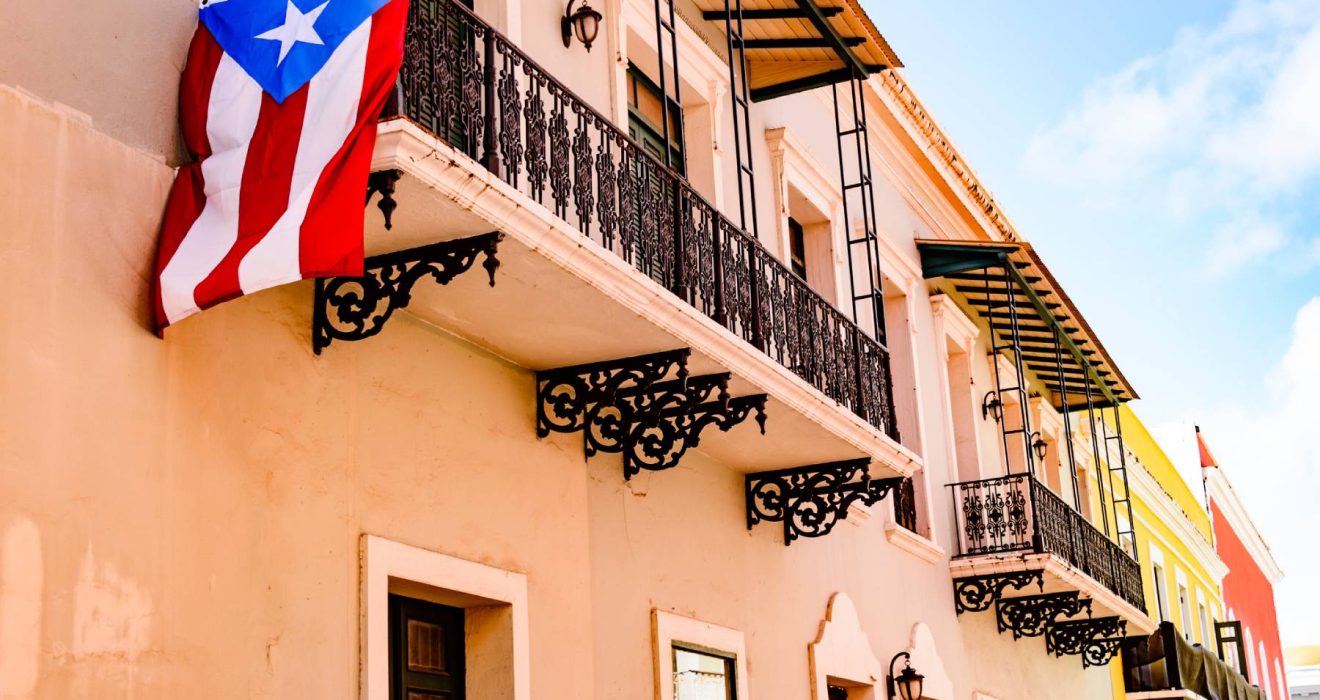Puerto Rico, plagued by years of devastating hurricanes and earthquakes, faces a haunting legacy of trauma and resilience. The specter of natural disasters exposes deep-rooted inequalities, particularly in the realm of energy infrastructure. This article sheds light on the ongoing struggle for energy equity in Puerto Rico, examining the impact of privatization, policy decisions, and community initiatives. As the specter of environmental calamities looms, the need for a resilient and just energy system becomes increasingly apparent.
Living through Disasters
In the aftermath of relentless hurricanes and earthquakes, Eduardo Lugo, an esteemed associate professor at the University of Puerto Rico at Mayagüez, offers a poignant exploration into the psychological toll exacted by the lived experience of disasters. Through Lugo’s lens, the profound impact of power outages unfurls, revealing a cascading domino effect on essential services and the mental well-being of Puerto Rico’s resilient residents. The disarray caused by prolonged power disruptions extends beyond mere inconvenience, evolving into a complex interplay of challenges where access to necessities is compromised, further intensifying the psychological strain on a community that has weathered the storm, both metaphorically and literally.
Inequality Spotlight: Post-Disaster Inequities
In the wake of natural disasters, particularly the impactful Hurricane Maria in 2017, lives lost only scratch the surface of the devastation. This article casts a critical eye on the aftermath, revealing how these calamities unearthed and exacerbated pre-existing inequalities. Focusing on the alarming escalation of child poverty post-Maria, the narrative underscores the inefficacies in the government’s response. The pressing need for a resilient infrastructure becomes starkly evident, as vulnerabilities in the existing system are laid bare. Beyond the immediate consequences of the disaster, a lingering socio-economic imbalance is unveiled, demanding urgent attention to rectify systemic flaws and fortify the island against the recurring onslaught of nature’s fury.
Privatization Woes
In the aftermath of Hurricane Maria, Puerto Rico’s power grid underwent a transformative shift through privatization, leading to the establishment of Luma Energy—a joint venture involving Quantas Services and ATCO. However, the anticipated benefits of this privatization move are marred by community dissatisfaction, casting a shadow over its effectiveness. As residents grapple with issues related to the reliability and soaring costs of electricity, critical questions arise regarding the long-term viability and success of the privatized energy model. The article delves into the complexities surrounding Luma Energy’s impact, exploring the disjunction between expectations and reality in the pursuit of a more resilient and efficient energy infrastructure for Puerto Rico’s future.
Community-Centric Policy
Within the intricate landscape of energy policy, this article ardently champions decisions that place community voices at the forefront. It underscores the imperative of integrating the experiences of those who have weathered prolonged blackouts and hardships, emphasizing the profound impact on their lives. As Puerto Rico aspires to attain 100 percent renewable energy by 2050, the article passionately advocates for a paradigm shift towards community-centric decision-making. Success hinges on the meaningful inclusion of diverse perspectives, ensuring that the ambitious renewable energy goal aligns with the real needs and aspirations of the people it aims to serve. By prioritizing the voices of those intimately acquainted with the challenges of energy access, this approach seeks to forge a more inclusive, sustainable, and resilient energy future for Puerto Rico.
Climate Justice, Finance and Resilient Grids
Researchers, including Laura Kuhl from Northeastern University, emphasize the need to address historical vulnerabilities and environmental factors in planning for a more resilient energy grid. The article explores how certain communities face extended recovery times due to factors like air and water pollution, necessitating a comprehensive approach to climate justice. The Role of Climate Examining the role of climate finance and renewable energy transitions, the article probes into the decision-making process and justice implications. It questions whether funding is reaching the communities that need it the most and underscores the importance of an inclusive approach to energy conversations.
The Photo voice Project and a Work in Progress
Professors Kuhl and Lugo collaborate on a photo voice project, empowering young people in the community to share their stories through photos. The ongoing project aims to amplify community voices, providing a compelling narrative of challenges, visions, and hopes for a more equitable and community-driven energy approach. Reflecting on the trajectory of Puerto Rico’s energy recovery six years after Hurricane Maria, the article acknowledges the delays in federal funding release and the current emphasis on natural gas investment. It emphasizes the need for sustained efforts toward building sustainability and equitable solutions.
Conclusion
As Puerto Rico navigates its path to renewable recovery, it concludes by underscoring the importance of community empowerment, mental health considerations, and inclusive policy decisions. The island’s journey toward energy equity serves as a case study with broader implications for regions grappling with the intersection of environmental justice, disaster recovery, and sustainable infrastructure development.

